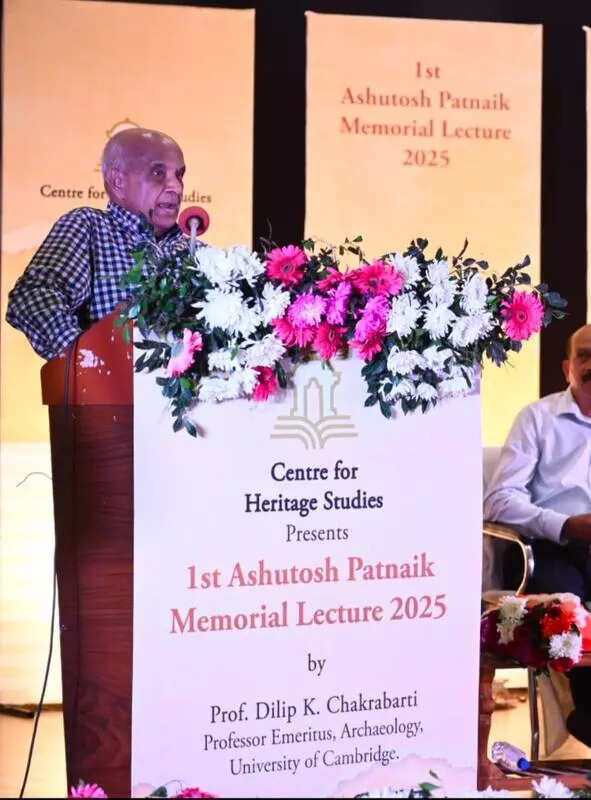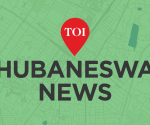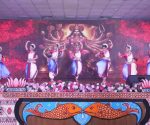Cambridge prof delivers lecture in city | Bhubaneswar News

Bhubaneswar: Dilip K Chakrabarti, professor emeritus of archaeology at the University of Cambridge, delivered the inaugural Ashutosh Patnaik Memorial Lecture 2025, captivating an audience of scholars, students, and history enthusiasts on Tuesday. The memorial lecture was organised by the Center for Heritage Studies, a nonprofit organisation.
Speaking on ‘Odisha’s ancient history and the issue of rewriting history in the Indian context,’ Chakrabarti delved into the deep connections between archaeological discoveries and the understanding of early human societies. Drawing upon decades of research and fieldwork, he highlighted the role of archaeology in reconstructing the histories of ancient civilisations. He underscored the importance of interdisciplinary approaches, integrating archaeology with geology, anthropology, and textual studies to create a more comprehensive historical narrative.
Highlighting the excavation of Durgadevi, a fortified city in Balasore that provided significant insight into Odisha’s early history, potentially reshaping historical narratives about the region’s past, Prof Chakrabarti shed light on the ancient maritime trade. The discovery at Durgadevi raised important questions about the rewriting of Indian history. With growing debates on how India’s past is interpreted, these excavations and ancient routes in Odisha emphasised the need for a nuanced understanding of regional histories, he pointed out.
One of the key points of his lecture was the excavation of Durgadevi, a fortified city in Balasore. Chakrabarti also discussed ancient maritime trade and its implications for rewriting Indian history. With ongoing debates over historical interpretations, he stressed the importance of nuanced perspectives in understanding regional histories.
Speaking on ‘Odisha’s ancient history and the issue of rewriting history in the Indian context,’ Chakrabarti delved into the deep connections between archaeological discoveries and the understanding of early human societies. Drawing upon decades of research and fieldwork, he highlighted the role of archaeology in reconstructing the histories of ancient civilisations. He underscored the importance of interdisciplinary approaches, integrating archaeology with geology, anthropology, and textual studies to create a more comprehensive historical narrative.
Highlighting the excavation of Durgadevi, a fortified city in Balasore that provided significant insight into Odisha’s early history, potentially reshaping historical narratives about the region’s past, Prof Chakrabarti shed light on the ancient maritime trade. The discovery at Durgadevi raised important questions about the rewriting of Indian history. With growing debates on how India’s past is interpreted, these excavations and ancient routes in Odisha emphasised the need for a nuanced understanding of regional histories, he pointed out.
One of the key points of his lecture was the excavation of Durgadevi, a fortified city in Balasore. Chakrabarti also discussed ancient maritime trade and its implications for rewriting Indian history. With ongoing debates over historical interpretations, he stressed the importance of nuanced perspectives in understanding regional histories.
















